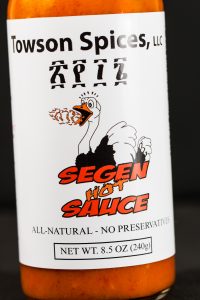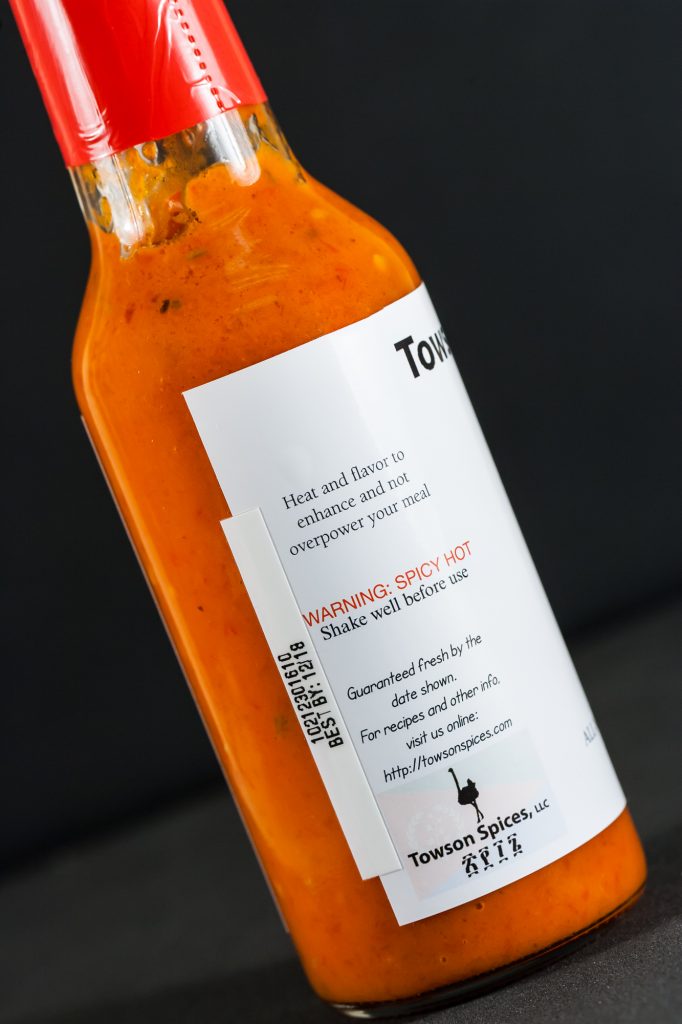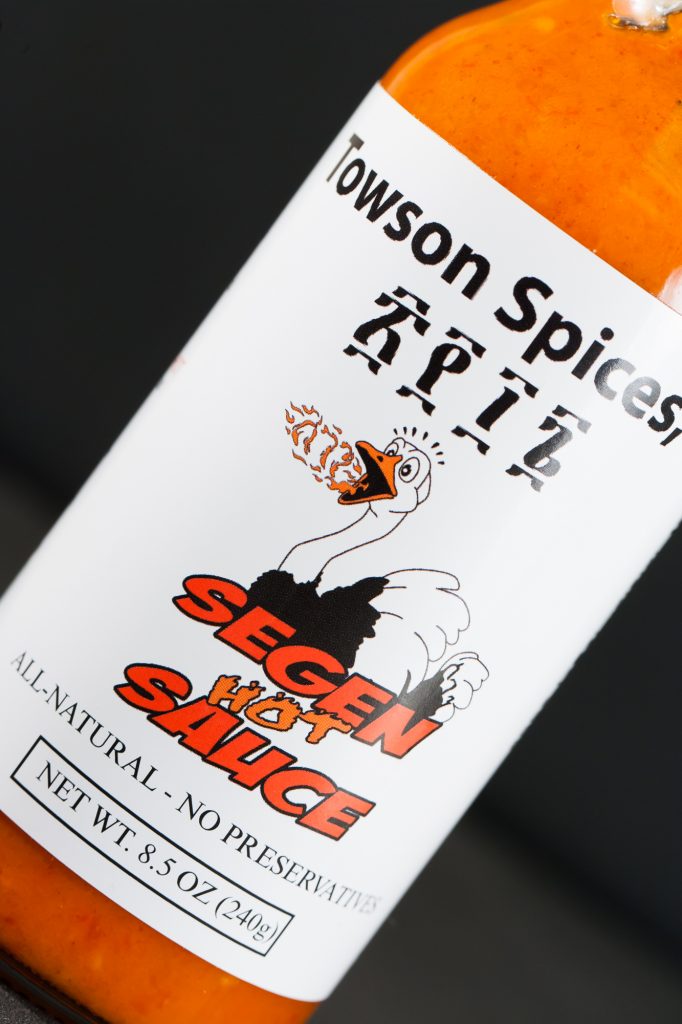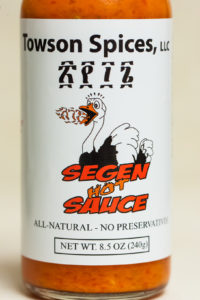 We have received a lot of feedback from people who have tried Segen Sauce and it’s been humbling and, truly, an honor to see people taking time out of their schedules to share their reactions, input, and suggestions with us. There is a few things we’re concerned about when we ask people what they think about Segen Sauce, but the things we pay special attention to slightly more than the rest is input about the level of heat, the flavor, and how it interacts with the flavor of whichever food they were having. These three are at the core of why this sauce was created in the first place and the answers let us know about its potential appeal to the hot sauce consumer market.
We have received a lot of feedback from people who have tried Segen Sauce and it’s been humbling and, truly, an honor to see people taking time out of their schedules to share their reactions, input, and suggestions with us. There is a few things we’re concerned about when we ask people what they think about Segen Sauce, but the things we pay special attention to slightly more than the rest is input about the level of heat, the flavor, and how it interacts with the flavor of whichever food they were having. These three are at the core of why this sauce was created in the first place and the answers let us know about its potential appeal to the hot sauce consumer market.
The consensus is that the sauce is definitely hot. There’s no lack of fire. It is hot for normal people, and those who like Carolina Reaper heat will find that it still stimulates the taste buds enough to make you feel it. The actual heat that one experiences depends on how much sauce one uses and how much food it is being mixed with. So the heat level aspect is good across the board.
As far as the flavor and how it interacts with the flavors of other foods, Segen is meant to be flavorful without being overpowering. If you’re eating an omelet it means you want to taste and enjoy its flavors from whatever ingredients you have in there. Segen Sauce wasn’t designed to go on your plate and add extra salty, smoky, garlicky, or any other flavor that masks your food’s own flavors. What we are finding is all tasters find that Segen Sauce won’t indeed overpower the food’s flavors. Some, however, want, and expect, the sauce to give them an extra flavor effect. Even though the numbers were few (less than 2 out of 58 tasters), our sample size was also small and that represented about 3.5%, which translates into a huge number if you consider the whole hot sauce market.
We looked at several options and changing the sauce itself wasn’t considered because it’s still overwhelmingly liked the way it is, but we chose to add other sauces that might use peppers with more overwhelming flavors. Segen Sauce Cae, which uses cayenne peppers and is less spicy but has a more distinct flavor, will be available in a matter of weeks. It, like the original Segen Sauce, won’t completely overpower your food’s flavors, however. We understand you can’t be everything to everyone- and we’re not trying to be- but it helps us plan for future sauces that would hit segments of the consumer market that are not reached by our current line of sauces. We really appreciate the reception Segen Sauce has gotten so far and look forward to any feedback you can give us that will help us bring sauces that you want and like.
Some of the feedback we’ve received:
“We loved the sauce!!!”
“Wow!!! That s**t is nuclear!”
“Congratulations on your delicious hot sauce. I just had some black eyed peas but they tasted so much better with your sauce. I think it’s a hit, I love it, and I totally would buy more.”
“It’s hot and it’s a hit here so far.”




 If you have a lot of different ingredients in your sauce, you might find they spoil at a faster rate than peppers and acid and they bring this quality to the sauce and it can only contribute as a negative. Your sauce will spoil faster than it normally would. If their natural pH level is higher than 7.0, it will also affect the final pH of the hot sauce. The higher the pH, the higher the chance of needing refrigeration sooner.
If you have a lot of different ingredients in your sauce, you might find they spoil at a faster rate than peppers and acid and they bring this quality to the sauce and it can only contribute as a negative. Your sauce will spoil faster than it normally would. If their natural pH level is higher than 7.0, it will also affect the final pH of the hot sauce. The higher the pH, the higher the chance of needing refrigeration sooner.